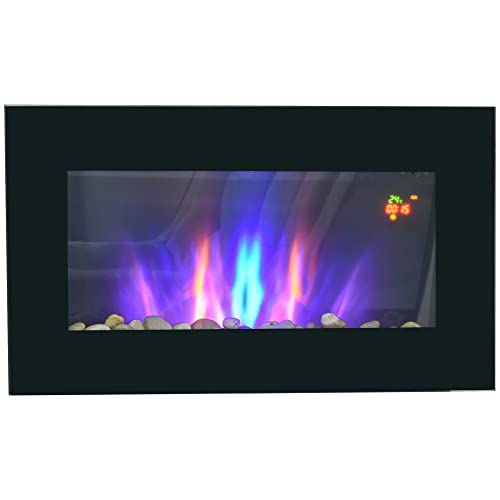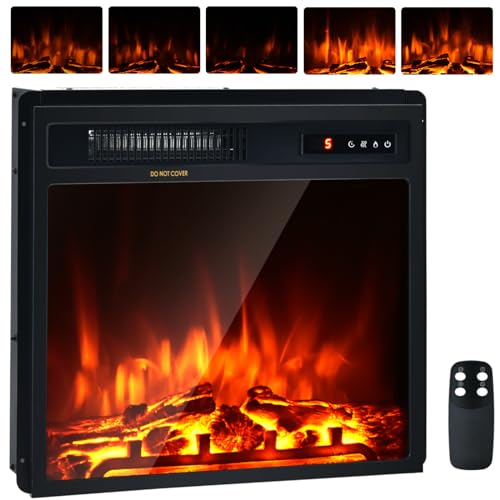12 Companies Leading The Way In Small Wood Burning Stove
Hilario
0
5
01.08 19:08
 Installing the Very Small Wood Burning Stove, Https://Qooh.Me,
Installing the Very Small Wood Burning Stove, Https://Qooh.Me, Wood stoves are being put in more and more in homes that are smaller and more efficient in insulation. The smaller wood burning stoves are ideal for these areas. They provide significant well-being benefits.
Wood stoves are being put in more and more in homes that are smaller and more efficient in insulation. The smaller wood burning stoves are ideal for these areas. They provide significant well-being benefits.These stoves are also great for yurts. They can be used in shepherd huts, caravans, and sheds. However, it is important to remember that you need to maintain a safe distance between the stove and any combustible object.
How to install a small woodburners stove made of wood?
A british wood burning stoves-burning stove is the ideal method to heat a small space without putting more money into energy and without the use of petroleum. However, putting in the stove can be daunting. There are many important steps to follow to ensure that your stove is properly installed and safely. Before you begin, make sure you have the correct tools and follow the instructions of the manufacturer. You should also seek out a professional certified to assist you.
The first step is to prepare the area in which the stove will be installed. This includes removing any combustible materials and preparing the foundation for the hearth. Then, you can build an hearth, and then put in the stove. A hearth is an inflammable, fire-resistant layer that protects your flooring underneath the stove. It also serves as a solid base for the heating tubes made of metal that carry the smoke and odors from the home.
You can use the hearth pad already constructed or design your own. The pad must be constructed out of fire-resistant tiles or concrete. The pad must be secured to the floor with high-temperature concrete that can be purchased from home improvement stores. Verify that the hearth is placed above the stove, and that it is in compliance with the side clearance requirements.
You'll then have to select the type of chimney pipe you want to use. You can choose between single wall or double wall black stove pipe(opens in new tab). The choice will be based on the amount of clearance needed between your stove and the combustible surfaces. The recommended distance should be determined by the guidelines of the manufacturer as well as local building codes.
If you can't locate your stove within the recommended distance, you may install a heat shield to reduce the required clearance. It is recommended to check with your local fire department and insurer to determine whether this is permitted.
Installing a fan that blows the hot air from the room is an alternative. This will allow the stove to heat the room more evenly. You can then move furniture closer to the stove, and enjoy a cozy fire. Make sure you only use dried, seasoned wood in your stove. The ash from burning wood could cause harm to your family if you don't.
Space requirements
Many people are enthralled by the idea of having a wood stove in their home, however it is important to consider how much space it will consume. The amount of space you will need around your stove depends on the size of your space and the power output of your stove. If you don't have enough room for a stove, you might be thinking about other sources of heating.
The space requirements for a small wood stove may differ from one manufacturer to the next however, as a general rule it is necessary to keep at least two feet between the stove and any combustible items. You should also consider combustible ceilings and walls. You should also consult your insurance company to see what requirements they have for the stove.
In order to minimize the space requirements for a small wood stove you can opt for a venting system that has an insulated flue pipe. This will reduce the amount of space you'll need to leave around the stove, and will also help prevent smoke from getting into the room. Be sure to read the guidelines of the manufacturer before selecting a venting solution for your small wood stove.
A heat shield can be used to decrease the distance between your wood stove and combustible substances. These shields are usually available from the manufacturer of your stove and can be affixed to the back or sides of your wood stove. Additionally, you can also use a double wall flue pipe to cut down on the space you need to leave between your stove and any combustible material.
A great alternative for a small wood stove is to use the fireback made of metal. It is available at the hardware store near you. It's an excellent method of protecting your walls from the damage caused by fire. A fireback can keep hot embers from falling onto furniture or floors and assist in removing the need for a chimney cap.
A small wood-burning stove can be an ideal choice for apartments and homes that have little space. This kind of stove is easy to use and provides efficient heating at a lower cost than other alternatives. Wood is also a renewable fuel source and is easily available locally.
Flue system
Flue systems are conduits to safely transfer gases and smoke from your stove outside wood burners. Without a flue system these gases can build up in the room and pose a health risk. They can also create an unsafe draft.
Choose the flue system that is compatible with the stove's dimensions and power output. The flue pipe must be at least 25% larger than the stove in order to allow for adequate draft and smoke passage. The flue system must also be properly insulated. A properly insulated flue pipe prevents loss of heat and helps keep the temperature within the stove at a moderate level, thereby increasing efficiency.
You should also consider the location where your tiny wood stove will be located when choosing the flue. If your stove will be situated in a mobile house or caravan, it is best to choose a flue system that is able to be easily removed for when the unit is moved. If you plan to install your stove in a permanent home, you should choose an internal system. In this case, the flue pipe will be routed through both the ceiling as well as wall of your house. You can also install an exterior twin wall flue system. These systems are easy to install and will cause less disruption to your home.
It is not recommended to install a prefabricated chimney on your small woodburners wood-burning stove. This can be costly and potentially dangerous if not done correctly. The best option is to install a flexi flue liner. These are available in different sizes and grades, and can be cut to fit the size of your stove. It is important to select the correct grade of flue liner for your stove, since it will impact how efficiently gasses and smoke are carried up the chimney.
It is essential to adhere to UK building regulations when installing a flue system. These regulations outline the requirements for distance from combustibles and fire hazards, how the flue system is routed and the size of the hearth. In addition, it is important to install a carbon monoxide detector in the room where the stove is installed. This device will alert you if it detects hazardous levels of this odourless, toxic gas.
Safety precautions
Wood stoves are popular ways to heat your home however if they're not properly installed or operated they could cause fires. In fact, over 4000 fires in homes are caused each year by wood stoves that have not been operating or installed according to the manufacturer's guidelines. Fortunately fires can be prevented by following simple safety precautions. These measures include proper venting, and avoiding burning trash and papers on the stove, as well as keeping children and pets far away from the wood stove or fireplace.
A wood stove must be vented via a metal chimney that is at least of one meter above the roof level. It should not be connected to a flue operated by another appliance, like a furnace or boiler that can cause harmful carbon monoxide fumes to escape into the home. Furthermore, the chimney should be checked regularly to avoid creosote accumulation and other dangerous conditions.
The stove should be located at least three meters away from walls and furniture to avoid the buildup of smoke and heat in these areas. In addition the stove should be kept on a nonflammable base. A professional mason must inspect the wood stove and chimney regularly to ensure that the chimney is clear of obstructions.
It is important that you only use dried, seasoned wood for your wood stove. Green or wet wood takes longer to burn, which causes inefficient combustion, and creates large quantities of smoke. In addition, it could cause the room to be filled with toxic substances and lead to smoke inhalation.
It is essential to only add just a few pieces at a time of seasoned, dry, dry wood when you start the fire. Overloading the stove with wood could cause it to overheat and cause an ember in the chimney. Paper and garbage should not be burned in wood stoves because they emit toxic fumes.
It is a good idea to test a stove's performance prior to each winter. Burn three or two small pieces of well-seasoned wood for a few minutes. This will reveal any creosote buildup that is significant or other obstructions in the chimney.









